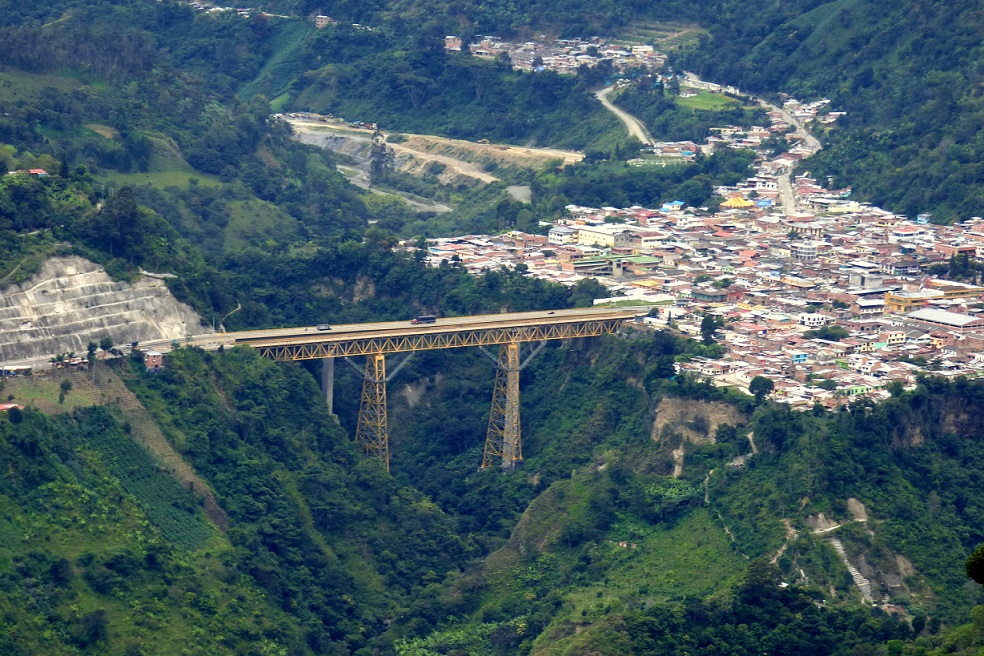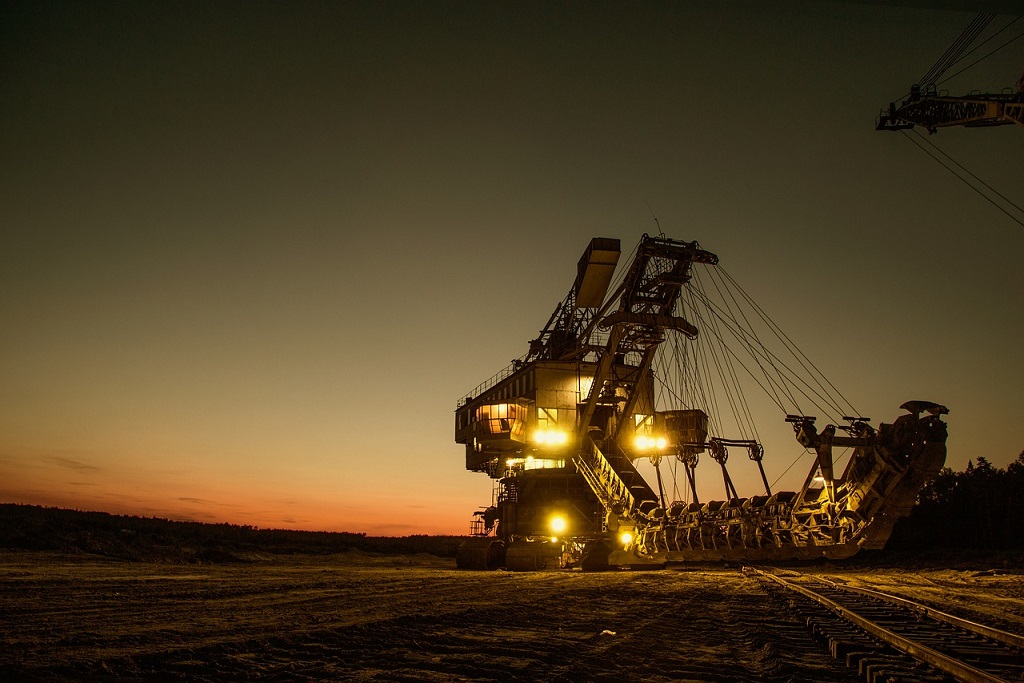“What MPs and Peers can do to support a new UK law on Business, Human Rights and the Environment to hold multinational companies to account for their activities” This is one of the questions that will be debated on 13th September in the House of Commons at an event organised by ABColombia.

Monica del Pilar Uribe Marin
In 1999 the South African business AngloGold Ashanti (AGA), a gold-mining company that “pursues projects and exploratory activities in nine countries on four continents”, arrived in Colombia.
One of these opencast mining projects is known as La Colosa and aims to operate in the foothills of the Cordillera Central, a branch of the Colombian Andes. It is located in the municipality of Cajamarca (Department of Tolima), on the La Luisa and La Paloma paths, in the high part of the River Coello’s greater basin. The area is part of Colombia’s central forest reserve. AGA discovered – literally – the gold seam and set about extracting it. As a result La Colosa looked like becoming the biggest exploration project in Colombia and, according to AGA, would create thousands of jobs and boost the country’s economy.
The extraction of the precious metal would harm, undoubtedly, both the ecosystem and its inhabitants.
In fact, according to what the magazine “Semillas” (“Seeds”) published at the time, for its exploitation it would be necessary to “build opencast quarries whose diameters could reach 1km and which could be up to 600m deep, raze the forest to the ground, turn the soil in its three main horizons (A, B and C), break-pulverise the rock through systematic explosions and use large quantities of water with cyanide to be able to extract the gold disseminated from the rock”.
 That would be sufficient to level a biodiverse area and contaminate the water with heavy metals, although also with cyanide since it is an “opencast mining project involving leaching with cyanide.”
That would be sufficient to level a biodiverse area and contaminate the water with heavy metals, although also with cyanide since it is an “opencast mining project involving leaching with cyanide.”
Faced with this panorama, defenders of the environment and inhabitants of the village areas turned the mining company’s intentions around. Since the beginning of the protests, based on research and facts, they have not ceased, to the point that on 26th March 2017, 6,116 inhabitants of Cajamarca, “that is, 97% of voters”, decided through a popular vote that AngloGold could not extract gold from the municipality’s entrails”.
Around that time, the Dutch NGO Pax had denounced threats against opponents of the gold exploration in the department’s conservation areas and had detailed how law enforcement arrived hand-in-hand with AngloGold Ashanti.
This reality in La Colosa, in its past, present and future, has led international entities and organisations to be concerned about what is happening there since, as in fact ABColombia highlights, this case “demonstrates the systemic challenges faced by the communities in a context of dramatic asymmetries of economic, legal and political power”.
 In light of all this, ABColombia has organised the event “Multinationals, human rights & climate change in Colombia: La Colosa mine”, so that defenders of the Colombian environment can publicise the communities’ struggle.
In light of all this, ABColombia has organised the event “Multinationals, human rights & climate change in Colombia: La Colosa mine”, so that defenders of the Colombian environment can publicise the communities’ struggle.
This case (La Colosa) – the organisers say – “demonstrates the systemic challenges that communities face in a context of dramatic asymmetries of economic, legal, and political power.
Join us to hear from Colombian environmental defenders the communities’ struggle. This case demonstrates why the UK needs a ‘Business, Human Rights and Environmental Act’ – a mandatory ‘human rights and environmental due diligence’ law modelled on the UK Bribery Act – similar to legislation due to come into force across Europe.”
There will be two topics of debate: “The case and its wider implications for people, human rights and climate change” and “What MPs and Peers can do to support a new UK law on Business, Human Rights and the Environment to hold multinational companies to account for their activities”.
The speakers invited include Sara Moreno, lawyer and member of the NGO Siembra (Colombia); Robinson Mejía, human rights defender and leader of the Cosajuca environmental community (Colombia); Evie Clarke of the Coalition for Corporate Justice; and Louise Winstanley, of ABColombia.
 Debating these topics is important especially when, as ABColombia explains, “Peasant organisations, young peoples’ organisations and national environmental groups have tirelessly campaigned against mining projects in Colombia for many years”. Therefore, it asserts, “The adoption of a new law on human rights and environmental due diligence by the UK would help level the playing field by, inter alia, increasing legal certainty about the standards expected from the business sector. It would also address human rights and environmental abuses by UK headquartered or registered companies in its activities”.
Debating these topics is important especially when, as ABColombia explains, “Peasant organisations, young peoples’ organisations and national environmental groups have tirelessly campaigned against mining projects in Colombia for many years”. Therefore, it asserts, “The adoption of a new law on human rights and environmental due diligence by the UK would help level the playing field by, inter alia, increasing legal certainty about the standards expected from the business sector. It would also address human rights and environmental abuses by UK headquartered or registered companies in its activities”.
Date: 13th September 2023. Time: 18:00 – 19:00. Place: House of Commons, Westminster. To book a place, click here.
(Translated by Philip Walker – Email: philipwalkertranslation@gmail.com) – Photos: Pixabay












.jpg)












